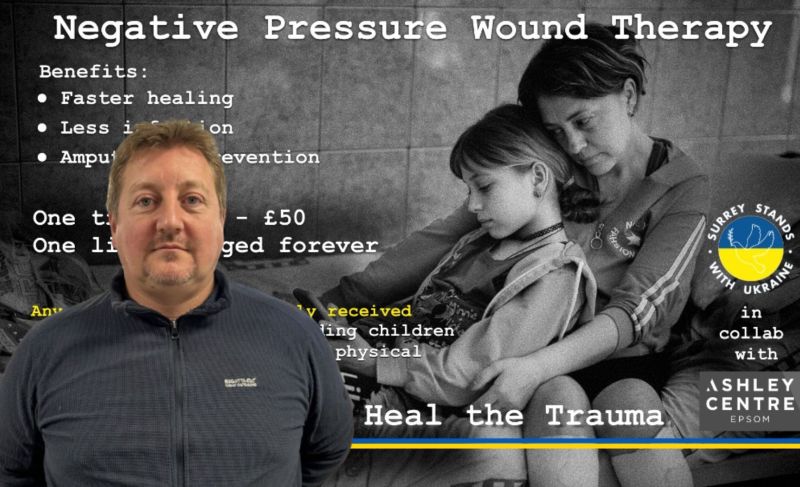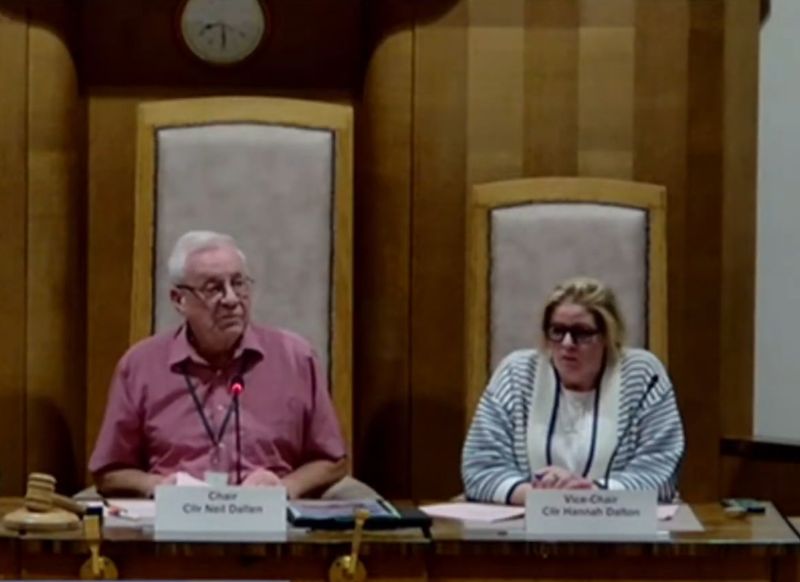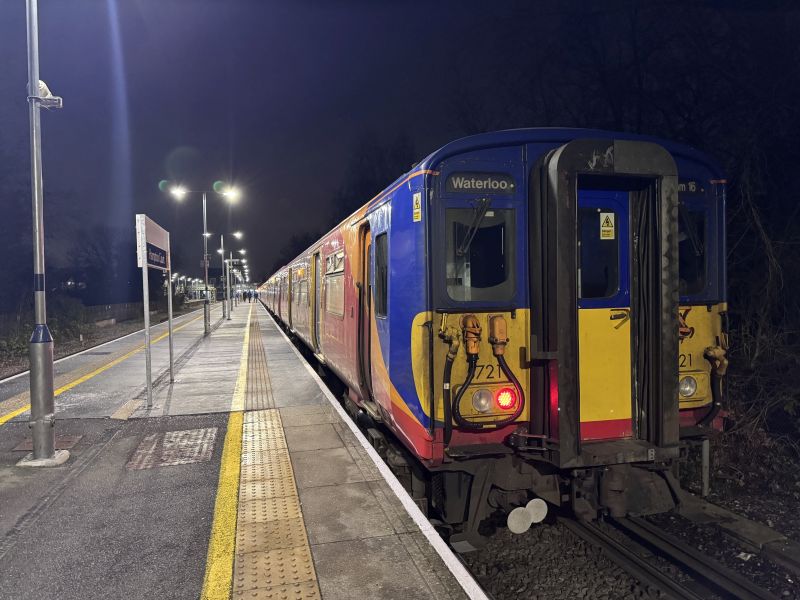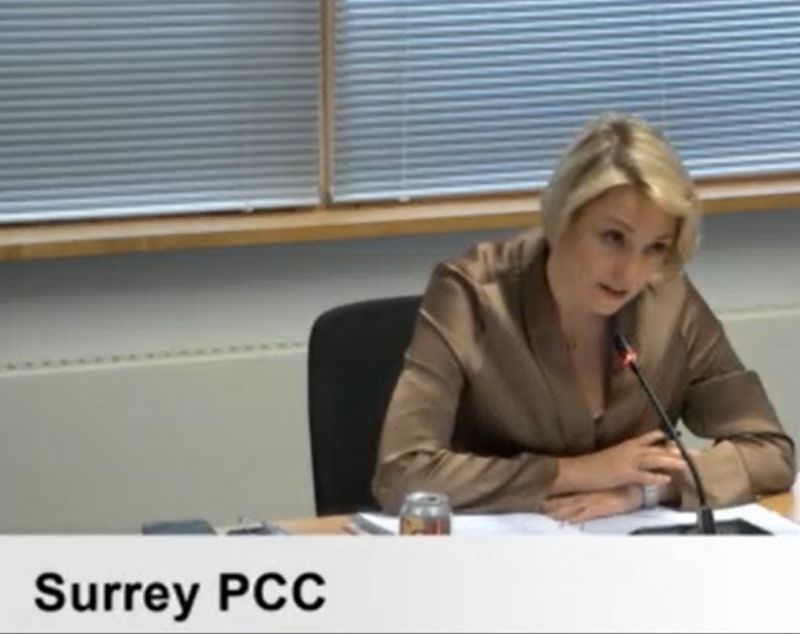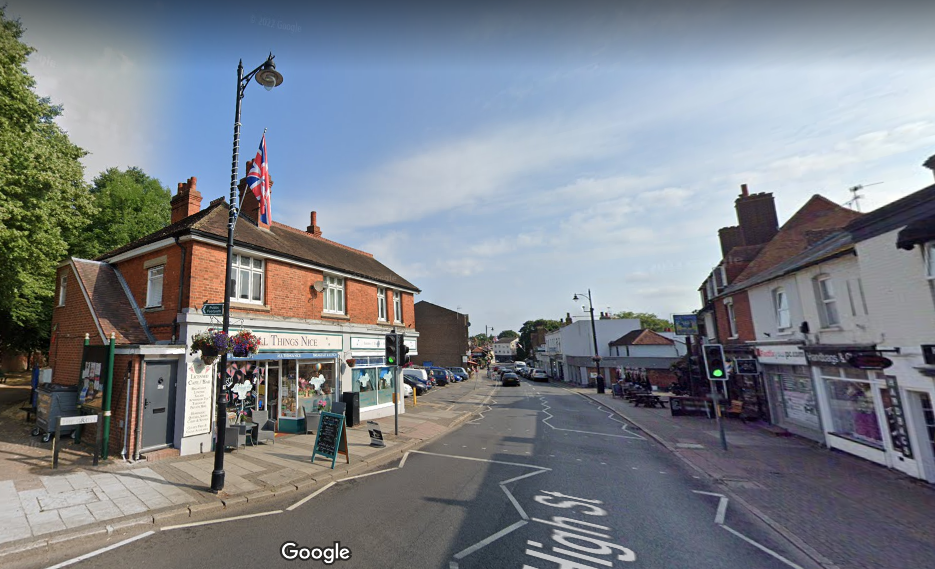Ewell High Street gets a cleaner bill of health
Epsom and Ewell Borough Council’s Environment Committee has agreed to revoke the Air Quality Management Area (AQMA) for Ewell High Street, marking a major milestone in local environmental improvement.
The decision, made at the committee’s meeting on 14 October 2025, follows nearly two decades of monitoring and action to reduce nitrogen dioxide levels that once exceeded national safety limits. The designation, first imposed in 2007, will now be formally lifted after a sustained and verified improvement in air quality, confirmed by data approved by the Department for Environment, Food and Rural Affairs (DEFRA).
Councillor Liz Frost, (RA Woodcote and Langley) Chair of the Environment Committee, described the development as “fantastic news” and said the result reflected years of cooperation between the borough council, Surrey County Council as the highways authority, and national agencies. She added that the improvement “is a testament to the work of both Epsom & Ewell Borough Council and our partners in the area, as well as interventions that have taken place both regionally and nationally to tackle nitrogen dioxide emissions.”
The Ewell High Street AQMA had been declared when air quality readings showed nitrogen dioxide levels breaching the annual mean limit of 40 micrograms per cubic metre. The pollutant, primarily generated by vehicle exhausts, is known to aggravate respiratory conditions and contribute to ground-level ozone formation.
Over the years, the council and the highways authority introduced several targeted measures to tackle traffic congestion and emissions. These included disapplying certain parking bays during rush hours, widening the road outside 76 to 62 High Street, and re-engineering the busy junction with Cheam Road (B2200). Together with broader improvements in vehicle efficiency, cleaner fuels, and regional policies, these steps brought pollution levels below the national threshold.
A cleaner trend across UK high streets
The revocation in Ewell reflects a wider national trend. Across the UK, councils have been removing long-standing AQMAs after years of falling nitrogen dioxide concentrations. DEFRA’s latest data show that the number of AQMAs in England has dropped by more than a third since 2019, largely due to the tightening of vehicle emissions standards, expansion of low emission and clean air zones in cities such as London, Birmingham, and Bristol, and increased adoption of electric vehicles.
Nitrogen dioxide levels nationally have declined by around 45% since 2010, although urban areas with dense traffic still exceed targets. According to Public Health England, poor air quality contributes to between 28,000 and 36,000 premature deaths each year.
Local authorities continue to play a key role through the Local Air Quality Management framework introduced by the Environment Act 1995. Where air quality standards are achieved and are expected to be maintained, Section 83(2)(b) of the Act requires AQMAs to be revoked, as in the case of Ewell.
Looking ahead
The committee noted that the borough’s 2025 Air Quality Annual Status Report has been approved by DEFRA and published on the council’s website. Monitoring of nitrogen dioxide and particulate levels will continue across Epsom and Ewell, in line with national guidance.
The revocation also contributes to the council’s Climate Change Action Plan 2025–2029, specifically its goal to improve local air quality and maintain a “green and vibrant” borough.
While Ewell’s achievement highlights positive progress, environmental experts caution that rising traffic volumes and population growth could reverse gains unless clean transport initiatives continue. Measures such as promoting active travel, installing more electric vehicle charging points, and supporting public transport remain central to long-term sustainability.



